Heisenberg was looking for a raison d'être (Parts only)
 Instant Download
Instant Download
Details
Description
SKU: A0.1129014
Composed by Igor Korneitchouk. 20th Century,Chamber,Contemporary. 57 pages. Studio at the Post #729537. Published by Studio at the Post (A0.1129014).Parts only (see A729534 for Score) Duration: 8 minutes, 5 Parts (2 violins, viola, cello, piano) with individual directions, parts averaging 5 – 7 pp. Description: When John Cage first "invented" the concept of prepared piano it was an invention born of necessity. (To realize his ideas Cage needed a percussion ensemble to accompany the dance troupe with which he worked. His solution to the impracticability of this was to create various percussion-like timbres from the studio piano which all dance spaces have.) In Heisenberg... all the instruments are engaged in a music made up of sound effects and unusual timbres; but because all the effects, in the case of the string instruments, must come from a limited number of strings, the preparation of these instruments are "mutable" — throughout the piece the performers are constantly preparing and un-preparing their instruments. This principle of mutable preparation has been carried over to the piano as well and thus the performance takes on the characteristic of an alien dance as a great deal of the work involves the logistics of setting up each succeeding phrase. Werner Heisenberg's great contribution to modern science is the "Uncertainty Principle" — the realization, expressed mathematically, that even in the "hard" sciences of physics and chemistry one could never be sure of anything. (According to The New Columbia Encyclopedia) “Werner Heisenberg — German physicist. One of the founders of the quantum theory, he is best known for his uncertainty principle, or indeterminacy principle, which states that it is impossible to determine with arbitrarily high accuracy both the position and momentum (essentially velocity) of a subatomic particle like the electron. The effect of this principle is to convert the laws of physics into statements about relative probabilities instead of absolute certainties.” (He won the Nobel Prize in Physics in 1932.).
This product was created by a member of ArrangeMe, Hal Leonard’s global self-publishing community of independent composers, arrangers, and songwriters. ArrangeMe allows for the publication of unique arrangements of both popular titles and original compositions from a wide variety of voices and backgrounds.
Digital Downloads are downloadable sheet music files that can be viewed directly on your computer, tablet or mobile device. Once you download your digital sheet music, you can view and print it at home, school, or anywhere you want to make music, and you don’t have to be connected to the internet. Just purchase, download and play!
PLEASE NOTE: Your Digital Download will have a watermark at the bottom of each page that will include your name, purchase date and number of copies purchased. You are only authorized to print the number of copies that you have purchased. You may not digitally distribute or print more copies than purchased for use (i.e., you may not print or digitally distribute individual copies to friends or students).
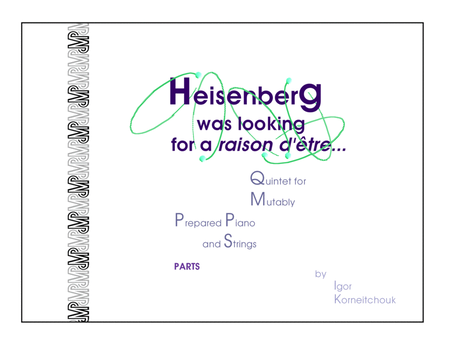
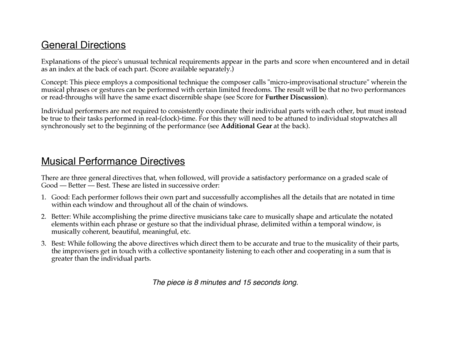
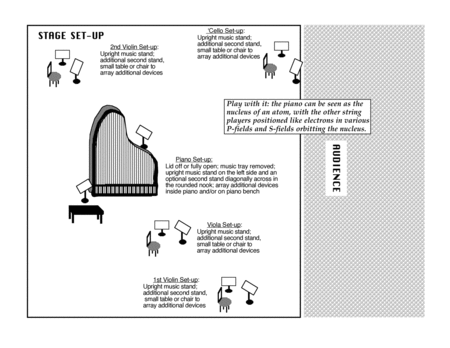
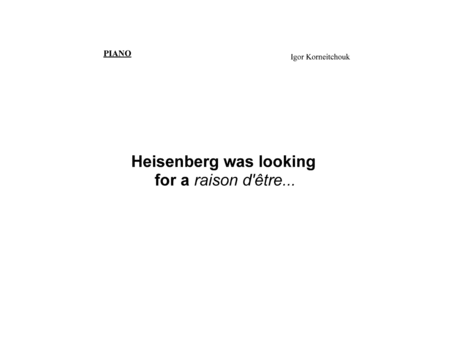
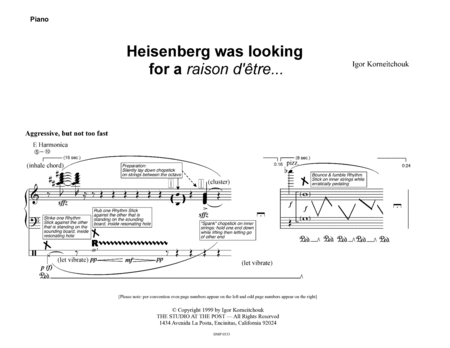
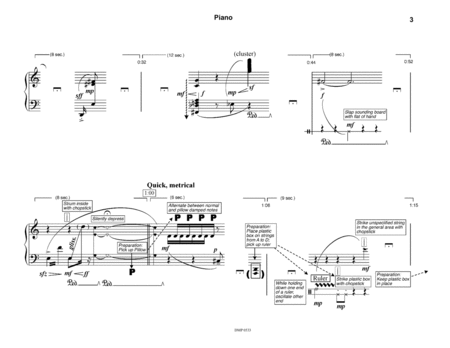
 Share
Share